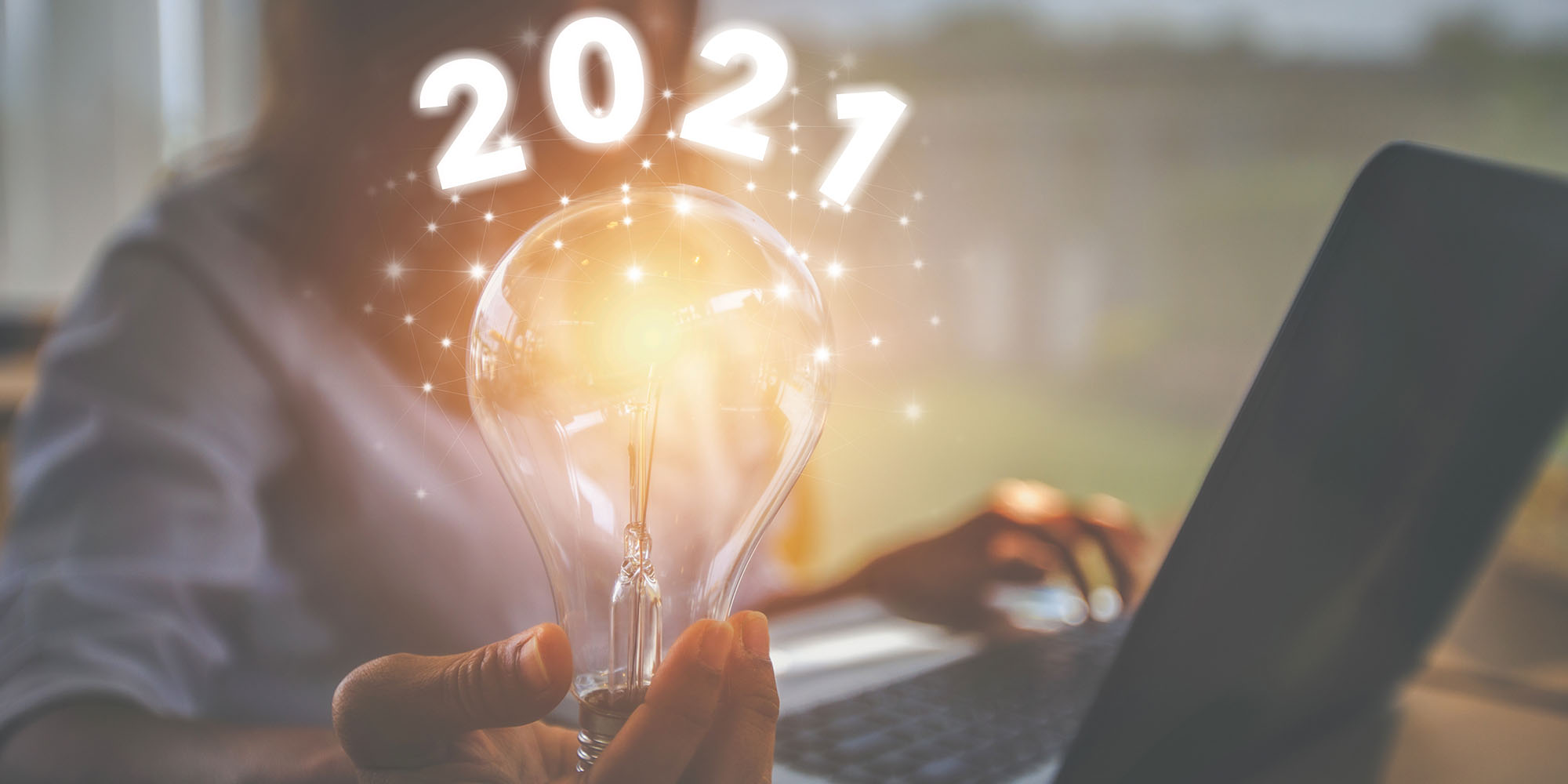New year’s resolutions are especially apropos in 2021 given that the prevailing attitude to the old year is goodbye and good riddance. Millions of unused gym memberships notwithstanding, resolutions can be effective when done right. The key is to be specific and realistic.
In this article I propose three work resolutions for litigators and eDiscovery professionals. Like the usual kind they fall into the categories of getting things done, health and self-improvement. If my suggestions don’t strike a chord, use them as a jumping off point. The activity that occupies a third of our waking time deserves one or two of its own resolutions.
The getting things done resolution: task prioritization
One reason litigation is so stressful is the barrage of tasks. So much to do and more every day. Productivity and efficiency count for a lot. But to be effective in our jobs we must first prioritize. Better to accomplish one critical task due today than to put checkmarks next to 10 less important tasks due tomorrow.
Resolve to set aside 15 minutes at the end of the day for task prioritization. Review your inbox and to-do list, keeping importance and due date top of mind. What are the three top priority tasks for tomorrow?
We all know litigation is full of surprises and priorities can change on a dime. A daily priority list is a guide, not a straitjacket. It gives meaningful structure to the days that go as planned. The other days it provides a benchmark for prioritizing incoming tasks.
The health resolution: workday wellness
The desk job, as a major contributor to the sedentary lifestyle, is associated with numerous chronic ailments and elevated health risks. Back pain alone is a major cause of lost productivity. The quality of our work product suffers in tandem with physical discomfort and fatigue.
Workday wellness receives relatively little attention compared to its more famous relations diet and exercise, mainstays of the new year’s resolutions list. Broaden your focus this year by resolving to take better care of yourself at work too.
Start by assessing your workspace and work habits. Dieticians recommend keeping a one-week food diary before setting diet goals. You can do something similar with workday physical discomforts to identify bad habits and environmental stressors.
My resolution is to stand up and move around at least once an hour. Yours might be to buy an ergonomic office chair, swap out soft drinks for water, take the stairs instead of the elevator for short trips (when we get back to the office) or look out the window every 20 minutes to ameliorate eye strain. Small changes like these have a big impact over time.
The self-improvement resolution: tech proficiency
Technology training illustrates how the lockdowns interrupted regularly scheduled professional development. 2020 was the year of learning videoconferencing – like it or not. Now that we can choose for ourselves again the starting point is to decide on a software program to focus on.
If nothing springs immediately to mind you may want to begin by compiling a list of programs used by your firm or organization. For eDiscovery professionals the challenge is more likely to be narrowing the field and picking a single winner.
Factors to consider include:
- Importance to your one- and five-year career goals;
- Training options (e.g., self-study, in-house training, paid course);
- Scheduling, cost and budget;
- How much time you have available and when;
- Employer support for training time and expenses.
Remember that effective resolutions are realistic and specific. “Learn Relativity” is the work resolution equivalent of “get in shape.” An actionable resolution is more akin to “take a training course in searching with regular expressions followed by 10 hours of hands-on practice.”
One step at a time should be the guiding principle for new year’s resolutions – whether work or personal. Build good wellness habits one at a time. If you reach your tech proficiency goal with months to spare, you can always repeat the exercise later in the year.
Specific and realistic resolutions help us achieve meaningful professional development and wellness goals. Feeling like we’re making a clean break with 2020 isn’t bad either.


